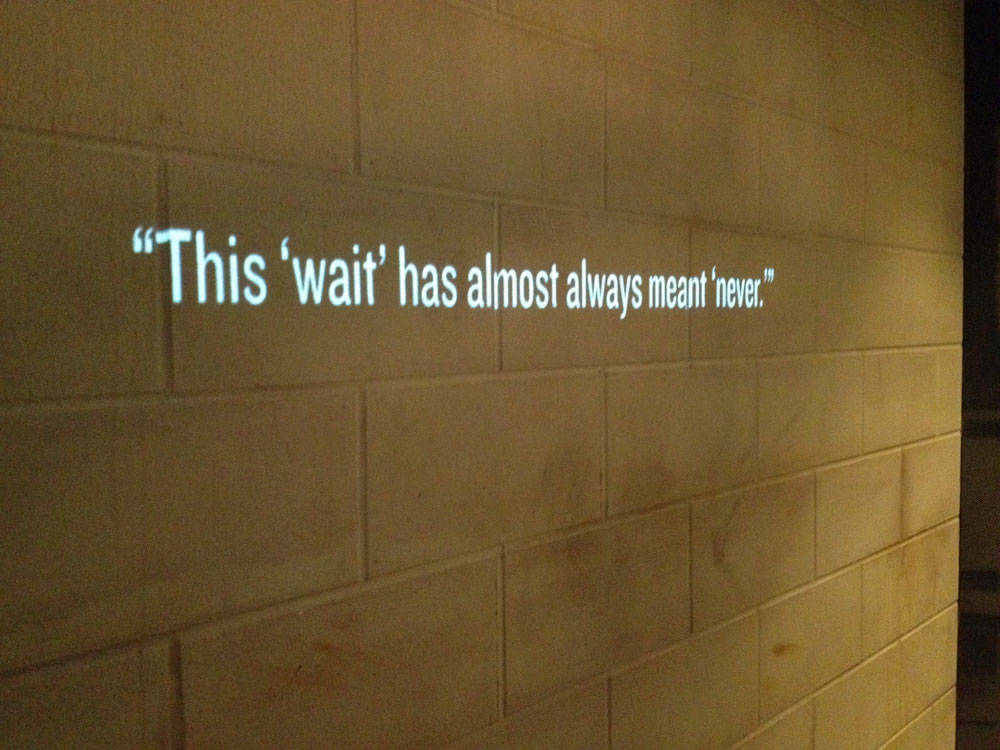
June 15, 2020; Commercial Appeal, Local 24, and Chalkbeat Tennessee
Over 100 nonprofit leaders in Memphis and surrounding Shelby County have formed a coalition, led by Black nonprofit leaders, and released an open letter calling for deeds, not just words, from public and corporate officials.
“An Open Letter: Memphis Nonprofits Demand Action” is addressed, notes the Commercial Appeal, to “Memphis Mayor Jim Strickland, Shelby County Mayor Lee Harris, Police Director Michael Rallings, Sheriff Floyd Bonner, Greater Memphis Chamber CEO Beverly Robertson, Shelby County District Attorney Amy Weirich and every member of City Council and County Commission.”
Many signatories, reports Chalkbeat Tennessee, come from the education sector. “Signers include leaders of three charter school networks, 10 education advocacy groups, and more than two dozen organizations that work directly with students.” The city of Memphis, notes Chalkbeat, “does not provide money to Shelby County Schools, the largest district in the state that serves Memphis students, outside of a court settlement from a lawsuit over funding.”
In the letter, the coalition writes, “We have come together as black leaders of the nonprofit space to amplify the cries and demands heard in our streets and around the country. Joined by our non-black colleagues in leadership, we demand more of our city’s leadership. We see the direct impact of racism and oppression daily.”
The letter makes eight demands related to police brutality and accountability, and five related to education and public policy. Public safety demands are as follows:
- Release all of the protesters that were arrested and drop all charges; investigate law enforcement brutality and misconduct during the recent protests.
- Reallocate funding from the police department to fund alternatives rooted in community health and crisis response.
- Ban chokeholds and strangleholds by Memphis and Shelby County law enforcement officers.
- Require de-escalation as a first response by Memphis and Shelby County law enforcement officers.
- Develop a duty to intervene when an officer witnesses another officer using excessive force.
- Require reporting by officers any time they point a firearm at a citizen.
- Give the Civilian Law Enforcement Review Board (CLERB) the power to investigate and ensure accountability for police conduct and provide clear avenues for CLERB’s input on police training, policies, and procedures.
- Include grassroots black and brown leaders and activists on the team selecting the next MPD [Memphis Police Department] chief.
The letter also includes a list of five public policy demands tied to addressing poverty in Memphis. As a bit of context, a 2019 study by the University of Memphis noted that Memphis rated second-highest in the country of cities with over 500,000 people in both overall poverty and child poverty. Before COVID-19 and the onset of our current economic depression, 2018 census data showed that poverty citywide was 27.8 percent, with child poverty an astonishingly high 44.9 percent. Racial inequality is evident in the census data as well; Blacks in 2018 faced a poverty rate of 33.8 percent, nearly three times the poverty rate for whites (11.8 percent).
Sign up for our free newsletters
Subscribe to NPQ's newsletters to have our top stories delivered directly to your inbox.
By signing up, you agree to our privacy policy and terms of use, and to receive messages from NPQ and our partners.
The specific economic and policy demands of the letter signers are as follows:
- Combat poverty by tracking companies paying a living wage and having corporations sign on to a living wage pledge and commitment to give temporary employees health insurance and benefits.
- Renew investment in K-12 education in the City of Memphis budget, including support for early literacy, high school success, trauma-responsive supports, and increased access to tech, art, and music education.
- End money bail and stop predatory, ballooning penalties for traffic tickets, court costs, and other fines.
- Enact a citizen participatory budgeting process at the city and county level beginning with FY22 budgets in partnership with Memphis City Council and County Commission that prioritizes neighborhood-level investments.
- Release a clear plan for funding a more effective MATA transit system by August 2020, overseen by a community-appointed team.
Cardell Orrin, Memphis director for Stand for Children and one of the letter’s signatories, noted that, “All of us felt the challenge of responding to the issues of police violence, related protests, and what we can do as a community to develop and change.”
Orrin adds, “While many of us have made statements, we wanted to come together as a nonprofit community to raise the issues further, present a set of demands, and work together to advocate a path forward to a better city and county.”
Sarah Lockridge-Steckel, CEO of the Collective Blueprint, says, “Collectively, our nonprofits represent and support thousands of Memphis residents, and we know that many of the issues our organizations address stem from systemic and structural racism. However, nonprofits are a stopgap, a makeshift solution. We ask local government and business leadership to join us in creating a city where all residents are treated with dignity and humanity and are provided with opportunities to thrive.”
Lockridge-Steckel, reports the Commercial Appeal, said the coalition is expecting a response from city and council officials within two weeks.
Here at NPQ, we are impressed by the organizing acumen and clarity of vision shown by Memphis nonprofit leaders. How is your community responding?—Steve Dubb












